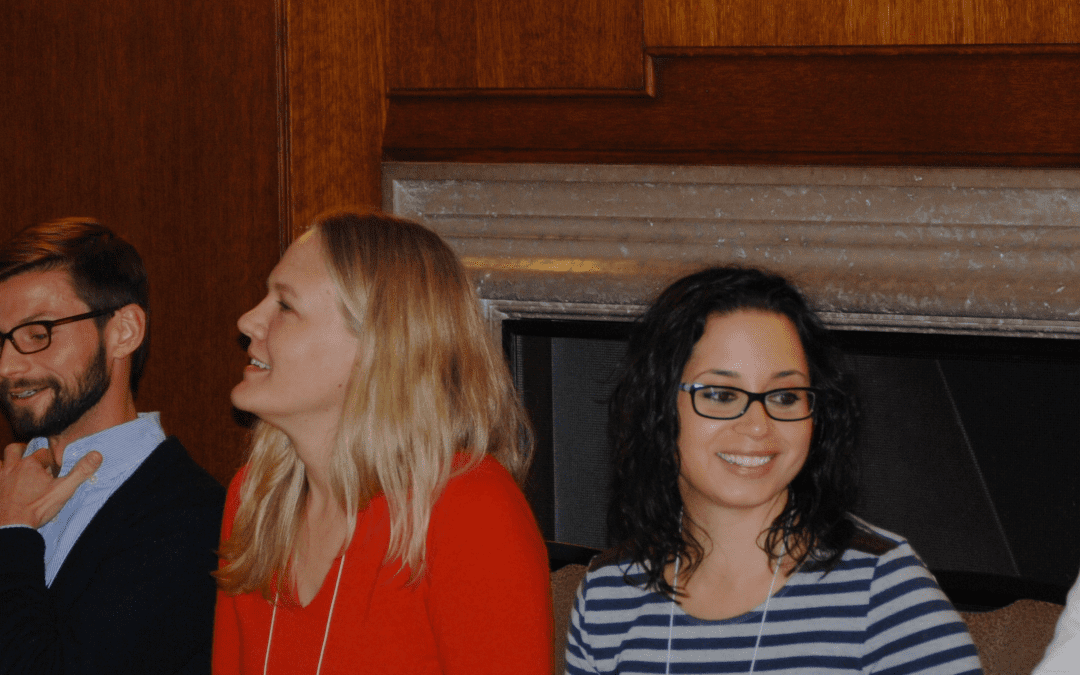As part of the celebration of the Victors for Michigan campaign kick-off, the Rackham Graduate School hosted a donor and student event that showcased graduate students at Michigan who are engaging in new endeavors, taking on very different challenges, and having an impact specifically in the Detroit community.
The panel, entitled “The Future of Detroit: Challenge, Promise, Opportunity,” highlighted the ways in which the University is working alongside Detroit’s residents to strengthen the community and its citizens. The panelists discussed the impact of their work in Detroit and how their efforts are trying to rebuild this great city.
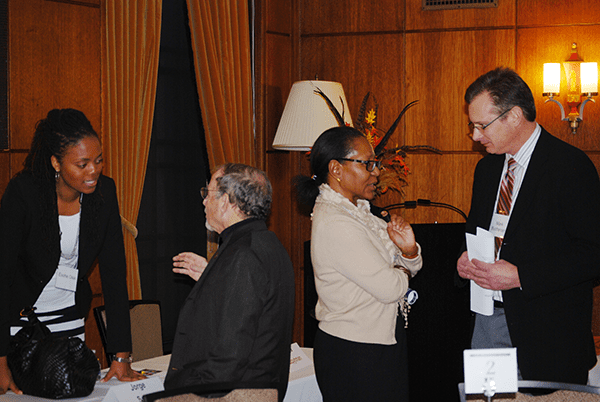
Rackham students span the breadth of the University. The panel provided a robust vantage of community research from graduate students studying Architecture, Sociology, Urban and Regional Planning, Social Work and Political Science, Health Behavior and Health Education, Education and Psychology, and Museum Studies.
From examining how long-term residents of Detroit view and use their neighborhoods, researching the relationship between government institutions responsible for foreclosed properties and neighborhood conditions, and exploring the influence of various inequities on the health of marginalized populations, graduate students are living and working in Detroit to create a body of work that can effect significant change.
The event also provided a unique opportunity for Rackham students working in the same community to understand other research in their midst and begin a dialogue regarding collaboration initiatives.
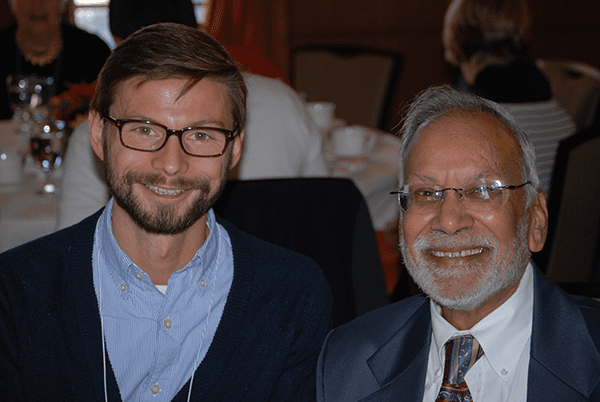
This annual event was attended by both Rackham donors and graduate students. Students were able to meet the donors who funded their studies, discuss their work and thank their donors personally. There was an outpouring of gratitude by the students.
Rackham’s sole campaign priority is to provide student support, from funding fellowships to providing innovative programs, services and activities that support graduate student achievement, professional development and community-building social events.
Program participant Jorge Soler shared with a donor, “Thank you for making U-M a place where students not only grow intellectually but also develop the skills to identify and address important issues. Coming to Michigan has been a life-changing decision. The opportunities I have access to would not be possible without your support.”
Panelist Profiles
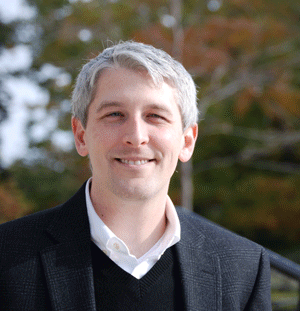
Michael McCulloch
Ph.D. Student, Architecture
Rackham Centennial Fellowship
Building the Working City: Designs on Home and Life in Boomtown Detroit
Michael’s dissertation examines the making of workers’ housing in Detroit 1914-1929, as industrialists, reformers, architects and government used homeownership as a means to rationalize the city’s working class cultures. Real estate interests posed the modern home as a lucrative investment and source of security in older age. Workers built families and communities in expanding Detroit, negotiating their own ambitions with those of the cultural authorities in their midst and the architecture of the modern home. The security these houses promised, however, proved elusive as Detroit’s social formation elaborated shifting real estate values, economic crises, and racial tensions. This history suggests that Detroit’s residential “ruins” of today might be more than mere emptiness or prosperity lost but part of a century-old negotiation of the meaning of home in the crucible of industrialization.
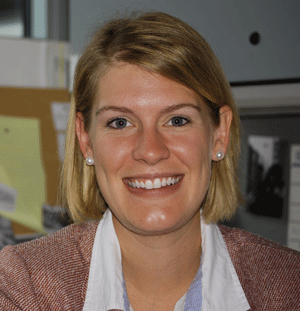
Meagan Elliott
Ph.D. Student, Sociology
Arts of Citizenship Award
Reflections of Neighborhood Evolution: Space and Belonging in Detroit
In media coverage of Detroit’s future, the city is portrayed as either a post-apocalyptic wasteland or a utopian blank canvas. Yet for long-term Detroit residents, neither of these binaries rings true to everyday life and their expectations for the places they inhabit. Meagan’s dissertation research focuses on how long-term residents of the city understand the current cultural transformations happening in their neighborhoods. Meagan’s research looks comparatively at three neighborhoods that represent different models of redevelopment in the midst of these transformations: Corktown, Downtown, and Midtown. In these three neighborhoods, she utilizes in-depth interviewing, cognitive map-making, and participant observation to understand how residents experience a sense of place and belonging in a rapidly changing landscape.
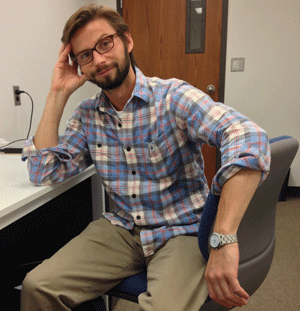
Eric Seymour
Ph.D. Student, Urban and Regional Planning
Policy Implications of Property Repossession in Detroit
Eric’s research looks at the relationship between government institutions responsible for foreclosed properties and neighborhood conditions in Detroit. His dissertation examines how federal entities handle their large inventories of properties repossessed via mortgage foreclosure. Since the mid-2000s, federal entities have repossessed hundreds of thousands of properties nationwide, though they are concentrated in areas with high foreclosure rates and weak housing markets like Detroit. How these entities handle their properties has important implications for neighborhood conditions. Once properties enter into federal real-estate owned (REO) inventories, institutional dynamics may exacerbate the consequences of the foreclosure crisis, leading to further rounds of devaluation. Eric also studies the neighborhood impacts of the tax foreclosure process in Detroit, specifically the unintended consequences of the existing tax foreclosure auction system. Through his research, Eric hopes to identify policy levers that may be used to address these often invisible institutional impacts on neighborhoods.
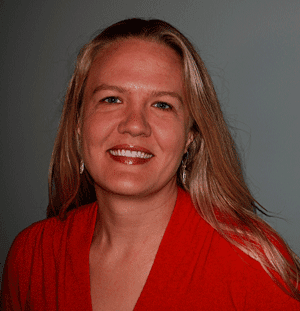
Amy Krings
Ph.D. Student, Social Work and Political Science
Rackham Centennial Fellowship
The Bridge to Canada: Community Organization by Local Residents
In 2008, representatives of the United States and Canadian governments determined that a new international bridge crossing would be necessary to streamline international trade and to strengthen border security. After considering sites up and down the Detroit River, the group recommended that the new crossing should land in the highly industrialized Southwest Detroit neighborhood of Delray, a low-income, high-minority community of about 3,000 residents. Amy’s dissertation research analyzes how community members weighed competing desires for economic investment, a clean environment, and local accountability when confronted with the new crossing. In so doing, she explains why community members organized to conditionally endorse the new crossing, rather than oppose it. Amy traces the policy-making processes associated with efforts to secure a community benefits agreement (CBA) policy to mitigate harm while ensuring local investment associated with the new crossing. She identifies the categories of actors whose interests lead them, at times unintentionally, to complicate the CBA campaign. Amy’s findings provide a cautionary counter-narrative to popular “David vs. Goliath” stories of community organization, demonstrating why and how economic and political forces can deny local residents the ability to influence the policies that impact their lives.
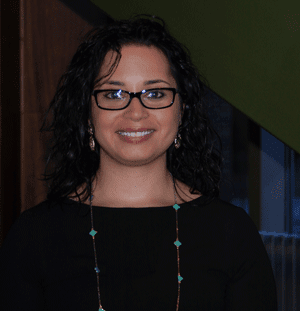
Alana M.W. LeBron
Ph.D. Student, Health Behavior and Health Education
Rackham Merit Fellowship
The Effect of Immigration Policy on the Health of Latinos in Detroit
Alana works with the Healthy Environments Partnership to understand and address social and environmental influences on racial, ethnic, and socioeconomic inequities in cardiovascular disease risk through a community-based participatory research (CBPR) approach. Her research broadly examines the influence of racial, ethnic, and socioeconomic inequities on the health of marginalized populations, with a focus on Latino health inequities. Her dissertation applies qualitative and quantitative methods to examine the influence of racialization on the health of Latinos in the U.S. by examining the influence of post-9/11 immigration policies, immigration enforcement, and sentiments towards immigrants on the everyday lives of Latinos in Southwest Detroit.
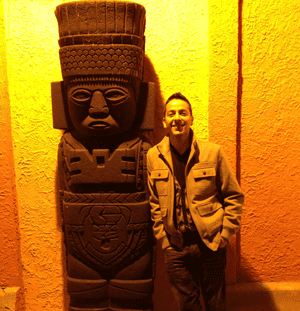
Jorge Soler
Ph.D. Student, Health Behavior and Health Education
Rackham Merit Fellowship
Detroit Case Study: Social and Structural Determinants of HIV/AIDS
Jorge works with United for HIV Integration and Policy (UHIP), an academic-community partnership conducted by the University of Michigan School of Public Health’s Sexuality & Health Lab in collaboration with the HIV/AIDS Resource Center, AIDS Partnership Michigan, Detroit Latin@z, and the Ruth Ellis Center. The goal of UHIP is to examine the social and structural determinants of HIV/AIDS risk among young Black and Latino men who have sex with men (YBLMSM) living in the Detroit Metro Area (DMA). What is it about the social, economic, policy, and physical environments that makes this specific population vulnerable to HIV/AIDS? To this end, project activities have included interviews with 50 relevant community stakeholders as well as on-line surveys completed by over 400 YBLMSM in the DMA. An objective of the project is to analyze and utilize this data to inform policy recommendations regarding the health of YBLMSM. Furthermore, the partnership itself provides a means by which these recommendations are disseminated to relevant local, state, and national stakeholders.
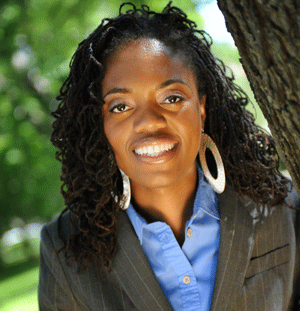
Esohe Osai
Ph.D. Student, Education and Psychology
Rackham Merit Fellowship
Detroit School of Arts: Youth Development Through Leadership
Since 2010, the University of Michigan has been in partnership with the Detroit School of Arts (DSA), in an effort to enhance the arts experience and academic preparedness for the talented young people enrolled in this special high school. Esohe has served various roles in the partnership since 2010. Through the School of Education, she has worked primarily as a liaison and program coordinator at DSA. Esohe is interested in youth development through leadership and she implemented a leadership program, incorporating the methodology of Photovoice and training students in basic research. Most recently, Esohe served as co-Director of a summer bridge program for incoming 9th graders at DSA. This program was a unique and very effective collaboration between U-M faculty and DSA teachers, implementing creative workshops in math, science and English language arts, and providing arts instruction and cultural experiences for participating students.
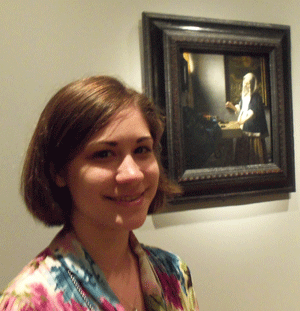
Marisa Szpytman
Assistant Registrar-DIA
M.S. School of Information 2013, Rackham Museum Studies Certificate
Art Acquisition and Ownership at the DIA
In the summer of 2013, Kevyn Orr, Detroit’s Emergency Manager, declared that the city would appraise the Detroit Institute of Arts’ collection as a city asset. This situation raises critical questions about the competing ethical and legal positions that can force museums to justify themselves to the public. Marisa did a Rackham Museum Studies internship at the DIA and gained thoughtful insights into these important issues. She currently works at the DIA as one of four registrars who collaborate with curators and collections management staff. Marisa handles acquisitions and deaccessions, overseeing crate packing for shipments, coordinating art arrivals and installations for exhibitions, processing loans with other museums and private lenders, and object cataloging in the collections database.

